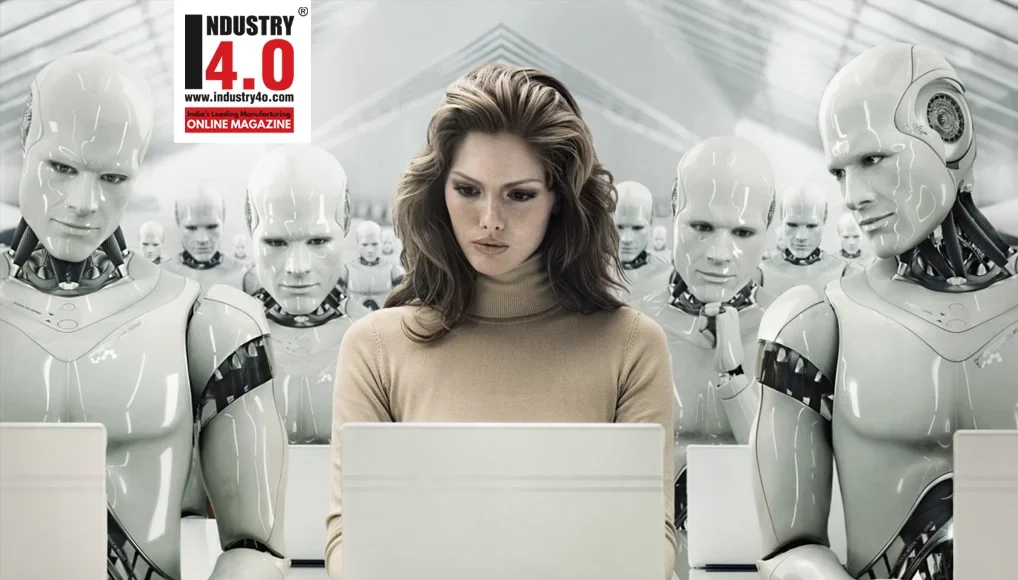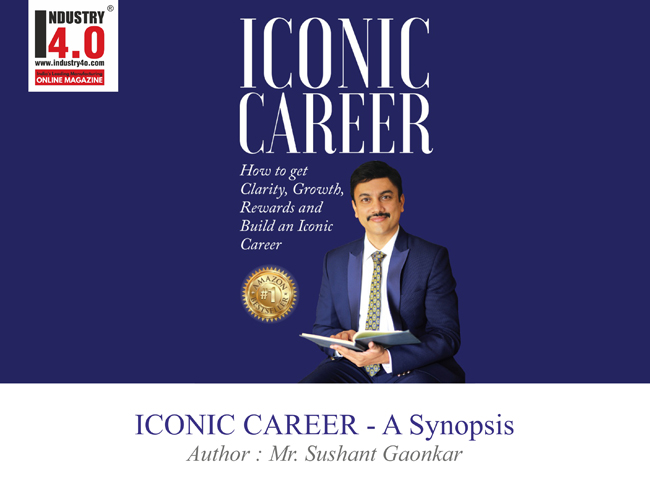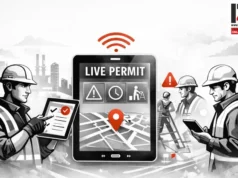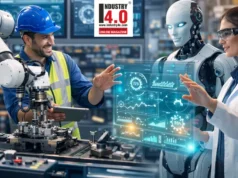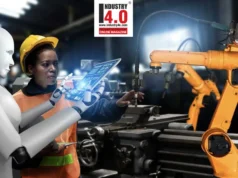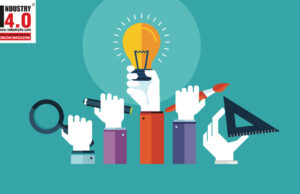Future of Work Automation: Robotic Process & Cognitive Automation Technologies Create a New-age, Intelligent Digital Worker
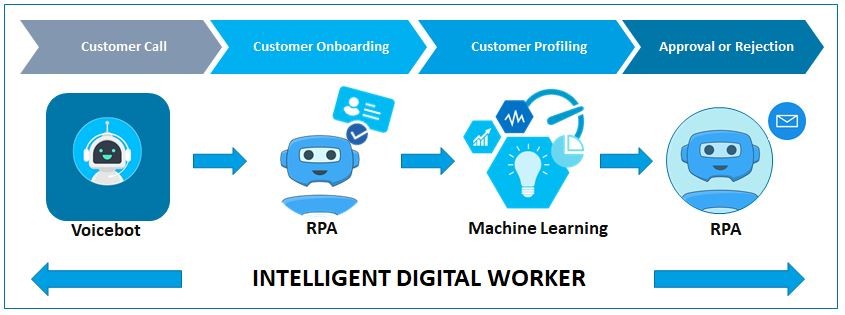
Introduction
Automation of human work in the services industry has evolved dramatically over the last two decades. End User Computing (EUC) programs like spread sheet applications and macros scripting were used earlier to automate mundane and repetitive tasks like reformatting data. However EUC would work only with few applications and was limited in its ability to scale across multiple applications. Advancement in EUC technologies eventually made way for Robotic Process Automation (RPA) technology which seamlessly interacted with multiple applications, just like a human worker would do. RPA is very efficient in executing repetitive tasks at scale but is limited in its ability to communicate with users, comprehend information and make decisions on its own. This gap was filled by Conversational AI and Machine Learning (ML). Conversational AI systems, also called Virtual Assistants, automated the communication with users, understood their queries and provided an appropriate response. Machine Learning techniques build models from historical data in order to predict future outcomes that can be used in decision making. RPA, Conversational AI and Machine Learning technologies are part of the Intelligent or Cognitive Automation wave and they will largely define the future of work automation in the services industry.
Robotic Process Automation (RPA)
RPA refers to a software program, known as a bot, which can automate a business process and execute it from start to finish without any manual intervention. The bot can replace a human worker either partially or entirely depending on the nature and extent to which a process can be automated. The key business benefits of RPA include faster turnaround time, increase in data accuracy and cost savings resulting from employing fewer human workers. It was observed that when RPA is implemented at scale, it can deliver a return on investment in approximately three to six months (Source: Accenture Research). RPA works best when a process is rule based and the data is available in a structured format.
A RPA bot is different from the earlier software programs used for automation like screen scraper, macros etc. in many ways:
- it can be configured without any programming knowledge
- it interacts with the presentation layer of any application
- it is highly scalable in terms of its ability to work with multiple applications and processes across the organization
- it can scan a document (word, excel, pdf etc.) and read data from it using OCR (optical character recognition) and other image processing techniques.
- it can execute the process without anyone attending to it
RPA adoption has significantly grown over the last five years across several industries in the services sector. In 2016 the RPA market was sized at $250 million and is expected to grow to $2.9 Billion by 2021 (Source: Forrester).
Conversational AI
Conversational AI refers to chat and voice based virtual assistants that automate the communication with users and create a personalized experience at scale. The chat based virtual assistants are called Chatbots and voice based virtual assistants are called Voicebots. Chatbots and Voicebots are powered by Natural Language Understanding (NLU), Natural Language Processing (NLP), Machine Learning (ML) and Deep Learning (DL) algorithms that can understand text or speech from a user, generate an appropriate response and then share it with the user in the form of text or speech. The business benefit of a Conversational AI based virtual assistant is that it can handle 1000s of queries at the same time, be available 24/7 and reduce the need for live customer support thus creating a direct cost savings on employee salary, overhead, training etc. It also enhances the customer service experience resulting in a happy and satisfied customer.
It is estimated that the global Conversational AI market size will grow from USD 4.2 billion in 2019 to USD 15.7 billion by 2024, at a CAGR of 30.2% during 2019–2024 (Source: Research and Markets).
Machine Learning
Machine Learning (ML) refers to a methodology of analysing data by learning from the patterns and inter-linkages that exist in historical data. ML is a branch of AI where the underlying concept is that it is self-learning and has the ability to draw inferences and predict outcomes on its own without any human intervention. ML relies on training a pre-selected model with historical data and then using the model to generate the outcome for a new set of data. The benefit of ML over classic statistics based model building is that it does not make any assumptions on the data and lends the data dictate the entire analysis.
Machine Learning is pervasive across data intensive industries. In 2017 the global machine learning market was around USD 1.58 billion and is expected to reach approximately USD 20.83 billion in 2024, growing at a CAGR of 44.06% between 2017 and 2024 (Source: Zion Market Research).
Robotic Process and Cognitive Automation – New-age, Intelligent Digital Worker
Automation of work is evolving rapidly and technologies that once worked in silos can now be clubbed together to create a new-age, intelligent digital worker (i.e., a bot) that can not only replicate human actions but also make decisions like a human. RPA, Conversational AI and Machine Learning can come together to provide a comprehensive, no-touch, automation solution that will overcome their individual limitations and enable the business to derive maximum benefits from them. The intelligent digital worker will use Conversational AI (Chatbot or Voicebot) to automate interactions with the customer, RPA to automate all back-office processes like customer on-boarding, verification, email communication etc. and Machine Learning to add cognitive capabilities in order to facilitate automated decision making without any human intervention.
It has been observed that when AI technologies are combined with RPA, the market size of the opportunity is almost 13 times bigger when compared to that of a stand-alone RPA solution (Source: Digital Workforce, Rob King).
Intelligent Digital Worker is a work-in-progress
The ultimate objective of robotic and cognitive automation is to create an intelligent digital worker that becomes a reliable virtual assistant and a trusted partner for a human worker. Future of human work will involve active collaboration with a digital worker. Advancement in Conversational AI and other AI, ML technologies, coupled with RPA has created an intelligent digital worker with strong cognitive capabilities that can read data from unstructured documents and respond to non-standard business situations. However adoption of robotic process and cognitive automation by the industry in still in its infancy and it will increase significantly in the coming years. It is expected that these technologies will continue to evolve as adoption increases and it will get closer to achieving its desired objective within the next two years.
Conclusion
It is inevitable that automation of work in the services industry will move beyond data intensive tasks that are considered to be routine, repetitive and mundane and increasingly involve cognitive, decision making tasks. Intelligent work automation is enabled by robotic process automation and cognitive automation technologies like Conversational AI and Machine Learning. The success of work automation lies in the ability of the business to harness these technologies and create an intelligent digital worker that can execute tasks at light speed and at the same time process information, make decisions and communicate like a human.
About the Author

Digital Transformation Leader | Iconic Career Mentor | Best Selling Author
Sushant Gaonkar is a Digital Transformation leader with more than a decade of experience and expertise in leveraging new age digital technologies for solving business problems.
He is also seasoned corporate leader turned professional career coach and mentor. Sushant Gaonkar is recipient of India’s Top Career Counsellor award.
He has worked for global corporations like Deloitte, Xerox and Vistaprint in various managerial and leadership roles in both USA and India.
He is on a mission to empower experienced working professionals to get clarity, growth, rewards and build an Iconic career.
He has coached several hundred working professionals on career clarity, career growth and career transition.
He is also a Best Selling Author of the book ‘Iconic Career’, where he has condensed his 16+ years of corporate experience in the USA and India and 3+ years of professional career coaching and mentoring experience.
He is an alumnus of Cornell University (USA) from where he obtained his Master of Engineering degree, University of Rochester (USA) from where he obtained his MBA degree and National Institute of Technology Karnataka, India from where he obtained his BE degree.
He can be reached at:
Ph : +91 97010 01162
e-mail : [email protected]
website: https://careersuccessbp.com/
Facebook : https://www.facebook.com/group
LinkedIn: https://www.linkedin.com/in/su
Instagram: www.instagram.com/sushant.gaon
Facebook: https://www.facebook.com/susha
YouTube: http://bit.ly/YouTubeSushantGa
Read my #1 Best Seller Book:
https://www.amazon.in/dp/93901
Also read his book review

